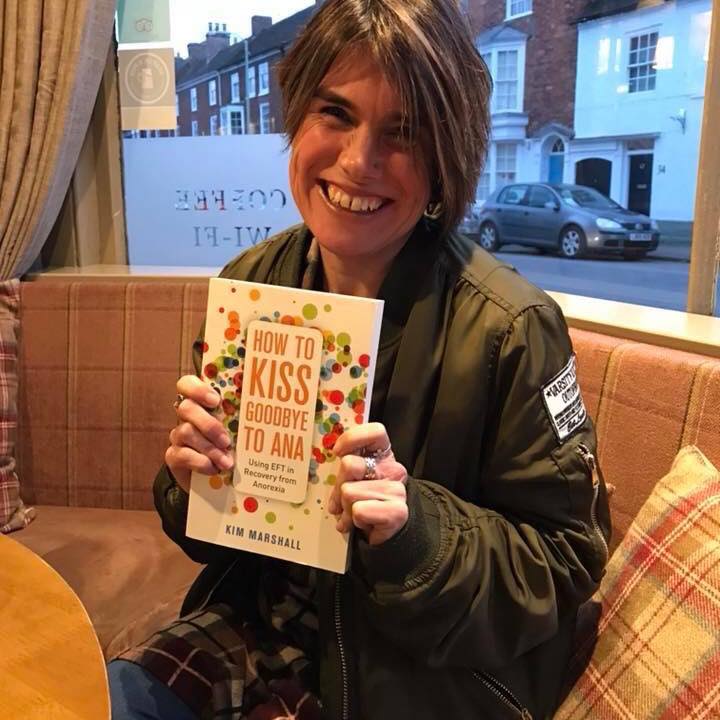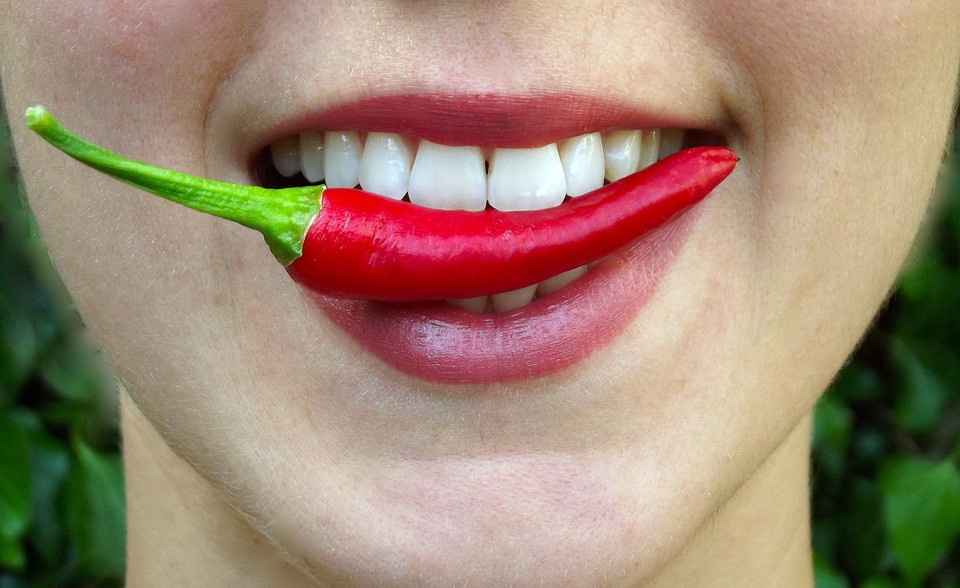The idea of clean eating has been around for a few years now, and the concept has been immensely popular. Public figures have been seen to be following the diet, Facebook pages set up, and there have even been claims that clean eating can help prevent cancer.
But is clean eating good for you?
For some people who use this diet for the short term, as a detox, and a kick start to eating more healthily in the long term, I can see the benefits. IMO, diets just don’t work because they involve depriving ourselves of foods we enjoy. As soon as we deprive ourselves, that’s when we start to desperately crave them, and then it’s just a case of how much willpower we have before we crack.
But what if our willpower doesn’t crack? Can clean eating manifest into an eating disorder?
When I had anorexia, I created a long list of rules and rituals around my food, eating and behaviours which I thought, at the time, kept me safe and in control. I’d have a list of safe foods that I could allow myself to eat and over time, this list got smaller and smaller as my anorexia took hold of me even more.
Orthorexia, which hasn’t been defined as a diagnosable eating disorder but has been acknowledged that many people struggle with, is a term used where someone has an unhealthy obsession with eating healthy food. So could clean eating lead to Orthorexia?
Many people started a diet on New Year’s Day and some have already gone back to their old eating habits and maybe put on more weight as a result. Some may be able to lose what they need to and keep it off. Some may end up being obsessed and not allow themselves to eat anything else. So what’s the difference?

IMO, as a recovered anorexic and now professional who works with women with eating disorders, it comes down to our mindset.
Eating disorders are never a choice, but a subconscious reaction to dealing with an aspect of our life that we feel we can’t control or cope with. Just like a person uses an addiction ie. drugs, alcohol, smoking, gambling, etc. to cope, someone with an eating disorder uses food, either by restricting, overeating or a mixture of both. They use an unhealthy coping strategy to fullfil some emotional need.
I developed anorexia after I found out my husband was cheating on me and we divorced. My appetite disappeared and I just wasn’t hungry. And that’s what I’d keep telling myself, and it was true to begin with. But then a part of me was aware that it was no longer about not wanting to eat, it was more that I couldn’t. I’d eat the same things every day, but the amount would reduce each week as I got more sucked in, where I listened and trusted in the voice in my head more. She was willing me not to eat, telling me that I was doing so brilliantly, that everything would be good and I’d be happy if I continued to keep going, if I stayed in control.
At that time I wasn’t happy and I didn’t feel worthy, special, like I belonged, I felt second best. I was restricting as I thought it would make me feel better. But it didn’t, it just brought more misery. It was only when I dealt with this negative beliefs that I felt happy. And I could see how distorted my mind was.
So, getting back to clean eating. Not everyone who follows this will develop an eating disorder. But for some, who tell themselves it’s fulfilling a need in them, and this is the guaranteed answer to their happiness, may develop an unhealthy obsession.
An eating disorder is a mental illness, which involves a particularly negative mindset and not everyone who follows a clean eating diet has this.
If there’s a part of you that’s concerned that you’re not relaxed around food and eating, please seek help. Find out how to be really happy, in a more healthy way. Because the answer’s not in restricting or using food.
Originally published at medium.com


